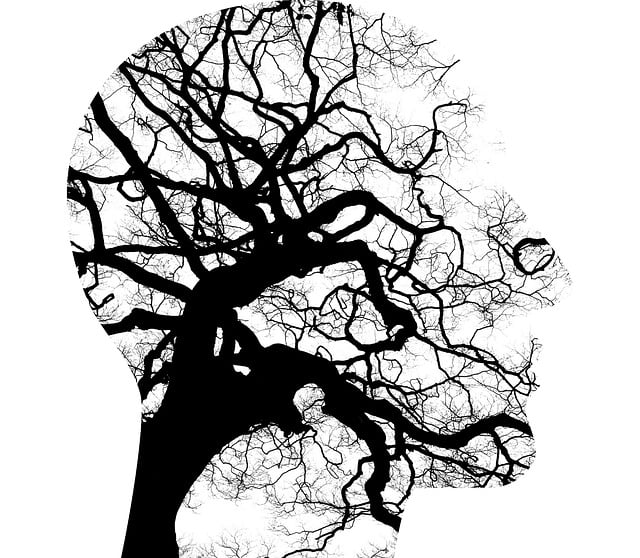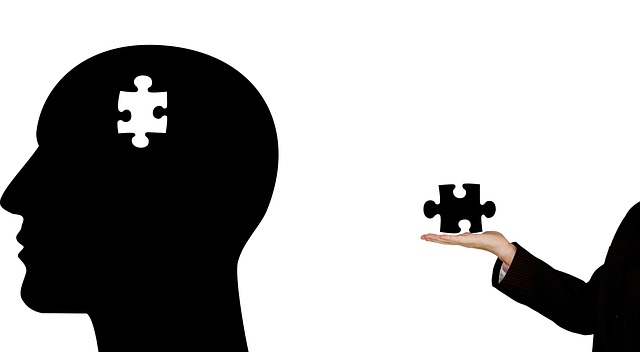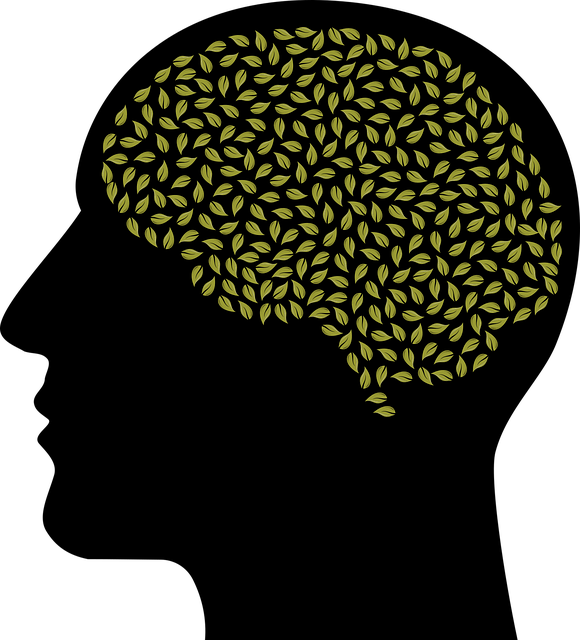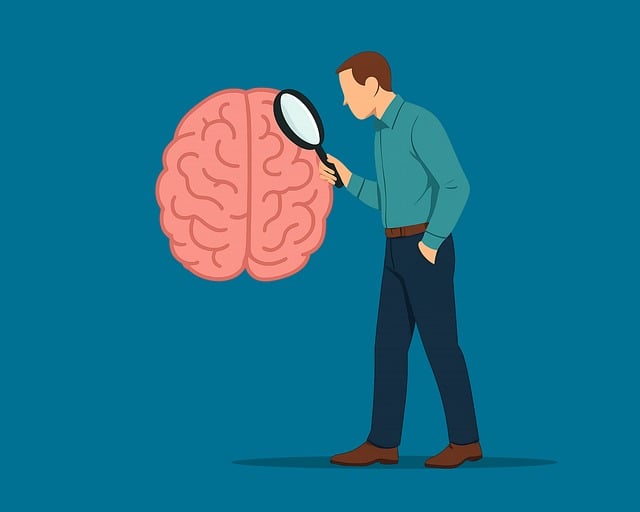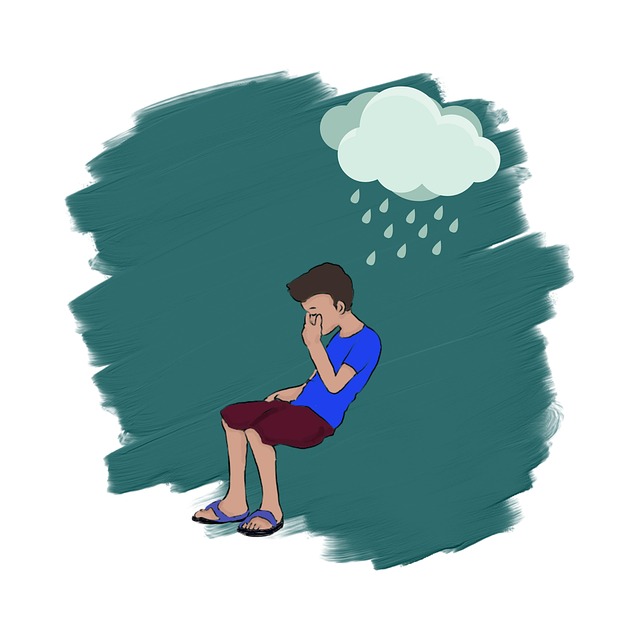Trauma significantly impacts individuals with learning disabilities, necessitating tailored therapy approaches. This includes safe spaces, trust-building, self-care routines, and stress reduction techniques. Mental health professionals play a crucial role in recognizing trauma signs, providing specialized therapy, and implementing evidence-based practices. Accessible and inclusive care, public awareness campaigns, and mental wellness journaling exercises are key components of effective support. A holistic approach integrating community resources and resilient community building fosters healing for individuals and families affected by trauma and learning disabilities, with a focus on sustainable healthcare provider well-being.
Trauma support services are crucial for individuals with learning disabilities, who often face unique challenges. This article explores the multifaceted approach to addressing trauma within this population. We delve into the profound impact of trauma on learning disabilities, recognizing subtle signs and symptoms. The focus then shifts to specialized therapy as a game-changer in effective support. Additionally, we discuss accessible service provision and building resilient communities, emphasizing the importance of holistic, inclusive care for optimal healing. Key terms: trauma support, learning disabilities, specialized therapy.
- Understanding Trauma and its Impact on Individuals with Learning Disabilities
- Identifying Signs of Trauma in This Specific Population
- The Role of Specialized Therapy for Effective Support
- Accessible and Inclusive Service Provision: Ensuring Equality of Care
- Building Resilient Communities: A Holistic Approach to Trauma Support
Understanding Trauma and its Impact on Individuals with Learning Disabilities

Trauma can profoundly impact individuals with learning disabilities, often exacerbating existing challenges and creating unique barriers to their mental wellness. Learning disabilities themselves can make communication about traumatic experiences difficult, as these individuals may struggle with expressing emotions or understanding complex language used in traditional therapy settings. This requires tailored approaches that address both the specific learning disability and the trauma, ensuring effective support for their holistic healing process.
Understanding trauma involves recognizing its diverse manifestations, from acute events like accidents to chronic stressors such as neglect or abuse. The impact of trauma can be widespread, affecting cognitive, emotional, and behavioral functions. For individuals with learning disabilities, this might manifest in increased anxiety, aggression, or regressed behaviors. Promoting mental wellness for these folks involves creating safe spaces that foster trust and understanding, coupled with implementing specific strategies like self-care routine development, stress reduction methods, and mental wellness journaling exercises tailored to their unique needs.
Identifying Signs of Trauma in This Specific Population

Recognizing signs of trauma in individuals with learning disabilities is a nuanced task that requires sensitivity and expertise. These individuals may exhibit unique challenges when expressing their experiences, as communication strategies can be affected by both their disability and any resulting mental health concerns. They might struggle to articulate feelings or recall specific events, making it crucial for support services to employ adaptive approaches. For instance, using visual aids, non-verbal cues, or specialized therapy techniques tailored for learning disabilities can facilitate disclosure and understanding.
Mental health professionals play a vital role in ensuring these individuals receive appropriate care. Through Mental Health Education Programs Design that cater to their specific needs, they can foster an environment of trust and safety. By incorporating evidence-based practices and teaching conflict resolution techniques, therapists empower those affected by trauma to develop coping mechanisms and improve their overall well-being. This holistic approach considers the interconnectedness of learning disabilities and mental health issues, aiming to enhance support services provision.
The Role of Specialized Therapy for Effective Support

Specialized therapy plays a pivotal role in effective trauma support services. Beyond general counseling, this tailored approach addresses the unique needs of individuals with learning disabilities who have experienced traumatic events. Therapists equipped with expertise in learning disabilities can create safe spaces, using adaptive techniques to help clients process and overcome their experiences. This specialized care considers the individual’s cognitive strengths and challenges, ensuring that trauma healing is accessible and meaningful.
Implementing community outreach programs alongside these therapy services further enhances support. By reaching into communities with cultural sensitivity in mental healthcare practice, professionals can break down barriers and ensure that trauma support services are inclusive and responsive to diverse needs. This holistic approach not only empowers individuals to heal but also fosters a sense of belonging and understanding within their communities.
Accessible and Inclusive Service Provision: Ensuring Equality of Care

In providing trauma support services, especially for individuals with learning disabilities, it is paramount to focus on accessible and inclusive care. This involves ensuring that therapy sessions cater to diverse needs and are free from barriers that might exclude certain individuals. Accessible service provision means creating an environment where everyone feels welcome and able to receive the emotional healing processes they require. For instance, offering counseling in various formats like visual aids or adapting communication methods can significantly enhance inclusivity.
Public Awareness Campaigns Development plays a crucial role in promoting understanding of learning disabilities and trauma among the general public. By increasing mental wellness awareness, these campaigns help reduce stigma and encourage individuals to seek necessary support without fear of judgment. Additionally, Mental Wellness Journaling Exercise Guidance can be incorporated into therapy programs to empower clients with tools for self-reflection and coping strategies. This not only aids in their emotional healing processes but also fosters a sense of agency.
Building Resilient Communities: A Holistic Approach to Trauma Support

Building resilient communities requires a holistic approach to trauma support, where various services intertwine to create a safety net for individuals and families affected by traumatic events. This includes psychological interventions like therapy for learning disabilities, which can help individuals develop coping mechanisms and enhance their resilience. By integrating mental health services with community resources, such as social support groups and education programs, we foster an environment that promotes healing and growth.
Adopting mind over matter principles can significantly contribute to burnout prevention strategies for healthcare providers involved in trauma support. Encouraging self-care practices, critical reflection, and peer support networks enables professionals to manage their own emotional well-being while providing effective care. This holistic approach ensures that both the community members seeking support and the healthcare providers assisting them are equipped to navigate the challenges of trauma, fostering a more sustainable and compassionate environment for healing.
Trauma support services for individuals with learning disabilities must evolve beyond traditional approaches. By understanding the unique impact of trauma on this population, identifying subtle signs, and recognizing the power of specialized therapy tailored to their needs, we can foster resilience and promote healing. Accessible and inclusive service provision is paramount, ensuring equality of care regardless of diagnostic labels. Holistic community engagement and support systems are game-changers, empowering individuals to overcome adversity and thrive. Embracing these strategies in the digital age enables us to reach more minds and cultivate a tapestry of supportive resources for those who need it most, especially within the realm of therapy for learning disability.
